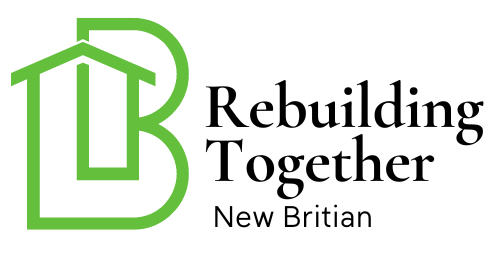Caring for the elderly within the comforts of home is a priority for many families. With the increase in life expectancy, ensuring the safety and well-being of our senior loved ones has become more crucial. Understanding how to monitor elderly at home can ease the minds of caregivers and family members while allowing the elderly to maintain a degree of independence.
Monitoring seniors at home doesn’t mean constant supervision or invasion of privacy. It’s about creating a safe environment where they can thrive without unnecessary risks. Thanks to modern technology and innovative home solutions, it has become easier than ever to achieve this balance.

Understanding the Importance of Monitoring
The primary objective of monitoring is to ensure that the elderly are safe, healthy, and comfortable in their living environment. By implementing effective monitoring strategies, families can prevent accidents, manage health conditions, and provide timely assistance when necessary.
Preventing Accidents
Accidents such as falls are common among seniors and can lead to severe injuries. By installing safety features like grab bars in bathrooms and using non-slip mats, the risk of falls can be significantly reduced.
Health Management
Monitoring vital signs and medication adherence is crucial in managing chronic conditions. Devices such as blood pressure monitors and pill dispensers can help keep track of health metrics and ensure medications are taken correctly.
Technology Solutions for Home Monitoring
Technological advancements have made it easier to keep an eye on elderly family members remotely. Here are some innovative solutions:
Smart Home Devices
Smart home technology can automate tasks and enhance safety. Devices like smart lights, thermostats, and security cameras can be controlled remotely, providing peace of mind for caregivers.
Wearable Tech
Wearable devices like smartwatches can monitor vital signs and detect falls. In case of an emergency, these devices can alert family members or emergency services promptly.
Medical Alert Systems
Medical alert systems are designed to provide immediate assistance in case of an emergency. These systems typically include a wearable device with a panic button that can be pressed to summon help.
Incorporating Safety Features at Home
Ensuring the home environment is safe is critical in monitoring the elderly. Here are a few key features to consider:
Bathroom Safety
Installing grab bars and using shower chairs can prevent slips and falls in the bathroom.
Kitchen Safety
Installing stove knob covers can prevent accidental burns and fires. Additionally, ensuring all appliances are in good working order reduces risks.
Fire Safety
Having a fire escape plan and functioning smoke detectors are essential for fire safety. Regularly checking these devices ensures they are ready to function during emergencies.
Lighting Solutions
Proper lighting is crucial for preventing falls, especially at night. Installing emergency lighting can guide seniors safely through their homes.
Creating a Supportive Environment
Beyond technology and safety features, creating a supportive environment is essential for the well-being of the elderly.
Social Engagement
Encouraging social interactions and engaging in community activities can improve the mental and emotional health of seniors.
Regular Check-ins
Regular visits from family members or caregivers provide companionship and allow for monitoring health and well-being.
For more tips on home modifications for seniors, visit this checklist.

FAQs
What technology is best for monitoring elderly at home?
Smart home devices, wearable tech, and medical alert systems are effective tools for monitoring the elderly.
How can I make my home safer for elderly residents?
Incorporate safety features like grab bars, non-slip mats, and proper lighting to reduce the risk of accidents.
Why is social engagement important for seniors?
Social engagement improves mental health, reduces feelings of isolation, and enhances overall well-being.
This article contains affiliate links. We may earn a commission at no extra cost to you.

